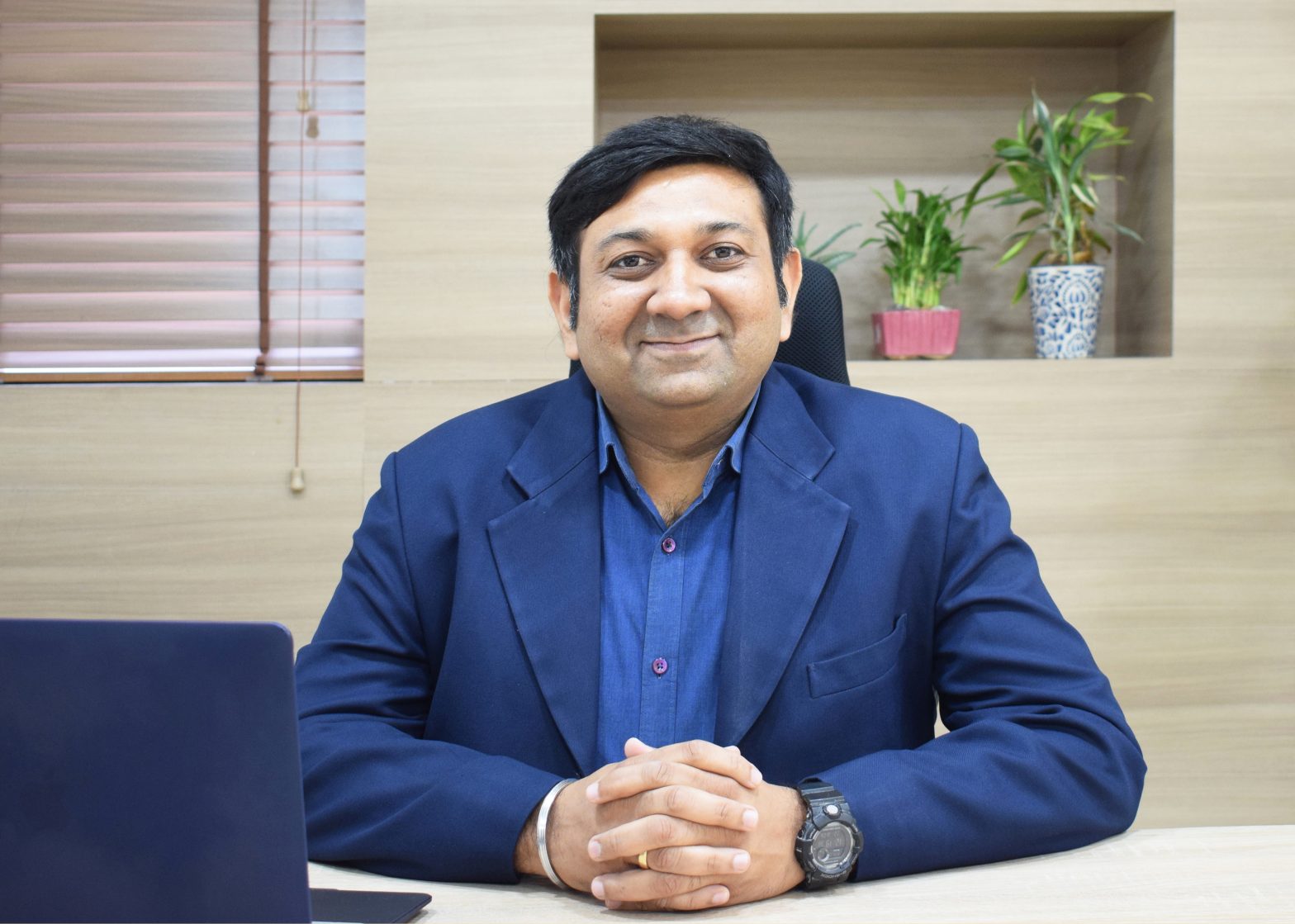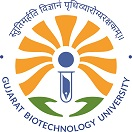
Dr. Jagat Rathod, PhD
– Ph.D. (Microbiology)
– Associate Scientist at R. & D., Kemin Industries
About
Being an inter-disciplinary microbiologist, I strongly believe that for a lucid understanding of biological interactions in the nature, cross-domain integrations are pivotal. This will play a decisive role in the development of future biotechnologies. Being a passionate researcher, I am focusing on local/global challenges towards environmental sustainability. Fundamentally, microbes can adapt much faster than humans to the global challenges and climate change. Therefore, they can play a decisive role in supporting natural resource maintenance and conditioning. Especially in this context, microbes-mineral interactions at all scales (including sub-micron) emerges as significant chemical biology affair in nature that remains to be elucidated to the molecular details. I would like to focus on perusing these dynamic molecular environmental interactions along with other potentials of bioengineering which could pave the future eco-friendly biotechnologies.
Before joining GBU, I have worked as Post-doctoral Research Fellow (2016-2022) at Department of Earth Sciences, National Cheng Kung University, Taiwan and as Associate Scientist, Research and Development, Kemin Ind. (2015-2016). I do serve as Review Editor- The Editorial Board of Micro-Biotechnology- Frontiers in Microbiology, Frontiers in Bioengineering and Biotechnology and Frontiers in Environmental Science & as reviewer in the J. Hazard. Mater., Sci. Total Environ., Appl. Biochem. Biotechnol., Frontiers, Environ. Technol. Innov., Antibiotics, Biomass Convers. Biorefin. and others.
Background
- 2014-15 Ph.D. (Microbiology) from the Department of Microbiology and Biotechnology Centre, The M.S. University of Baroda, India.
- 2015-16 Associate Scientist at R. & D., Kemin Industries
- 2016-22 Ministry of Science and Technology (MOST)-Post-doctoral Research Fellow at National Cheng Kung University, Tainan, Taiwan
Honours and Awards
- 2016-22 Ministry of Science and Technology (MOST), Taiwan- Postdoctoral Fellowship
- 2017 MOST-Travel fund to attend ISSM, Rotorua, New Zealand
- 2014 DBT-Research Associateship at IISc, Bangalore
- 2012 DBT-Travel grant to attend BioBio2012, Prague, Czech Republic
- 2012 Best Oral Presentation- XXVI Gujarat Science Congress 2012 (MB-B
- 2010-14 University Grant Commission- Research Fellowship in Sciences for Meritorious Students (UGC-RFSMS)
Research Group Overview
Bio-interactions-based Environmental Biotechnology We are interested in the fundamental understanding and development of the microbe-mineral and other bio-interactions (e.g. organo-mineral)-based biotechnologies to define their true potentials for sustainable and scalable-biotechnological solutions. Some of the areas wherein we would like to progress further are,
- To understand the chemical cross-talk between microbe-mineral interactions, microbial eco-physiological modifications, and regulation
- Identification of microbial cellular components involved in mineral binding, transformation, dissolution, and bio-crystallization.
- Establish in vitro protocols for mineral-bacteria complexation and define biomolecular nucleation to crystal growth
- Develop a high-throughput assay system to identify potential mineral interactions, biomimetics and scale-specific mineral synthesis for biotechnological applications.
Understanding these natural and small-scale processes and molecular events driving the mineral and element-specific interactions would play a profound role in the development of novel strategies for resolving sustainable development goals (SGDs). Additionally, our laboratory is also interested in determining the fate of pollutants and pathogens in soil and aqueous systems, and their environmental implications along with bio-stimulation strategies.
Publications
- Rathod, J., Dhanani A.S., Jean, J. S.*, & Jiang, W.-T. (2019) The whole genome insight on condition-specific redox activity and arsenopyrite interaction promoting As-mobilization by strain Lysinibacillus sp. B2A1. J. Hazard. Mater. 364, 671-681
Rathod, J., Jean, J.S.*, Jiang, W.T., Huang, I.H., Liu, B.H. and Lee, Y.C. (2019) Micro- colonization of arsenic-resistant Staphylococcus sp. As-3 on arsenopyrite (FeAsS) drives arsenic mobilization under anoxic sub-surface mimicking conditions. Sci. Total Environ. 669, 527-539. This work was highlighted in the 2019 annual report of National Synchrotron Radiation Research Center, Taiwan;
- Rathod, J., Pandey, S., Mahadik, K., & Archana, G.* (2022) Homologous overexpression of azoreductase (azoA) in Enterococcus sp. L2 moderated growth and azo dye decolorization while gaining an oxidative and heavy metal stress resistance: A trade-off. Environ. Technol. Innov. 102531.
- Rathod, J., Dhebar, S., Archana G.* (2017). Efficient approach to enhance whole cell azo dye decolorization by heterologous overexpression of Enterococcus sp. L2 azoreductase (azoA) and Mycobacterium vaccae formate dehydrogenase (fdh) in different bacterial systems. Int. Biodeterior. Biodegradation, 124, 91-100
- Rathod, J., and Archana, G.* (2013). Molecular fingerprinting of bacterial communities in enriched azo dye (Reactive violet 5R) decolorizing native acclimatized bacterial consortia. Bioresour. Technol., 142, 436-444.
- Herianto, S. #, Rathod, J. #, Shah, P., Chen, Y. Z., Wu, W. S., Liang, B., & Chen, C. S.* (2020). Systematic Analysis of Phosphatidylinositol-5-phosphate-Interacting Proteins Using Yeast Proteome Microarrays. Anal. Chem. 93(2), 868-877. (#Co-first
- Rathod, J., Yen, H. C., Liang, B., Tseng, Y. Y., Chen, C. S.*, & Wu, W. S.* (2021). YPIBP: A repository for phosphoinositide-binding proteins in yeast. Comput. Struct. Biotechnol. J. 19, 3692-3707.
- Chen K.-Y.#, Rathod J. #, Chiu Y.-C., Chen J.-W., Tsai P.-J. and Huang I.-H*. (2019) The transcriptional regulator Lrp contributes to toxin expression, sporulation, and swimming motility in Clostridium difficile. Front. Cell. Infect. Microbiol. 9. (#Co-first

